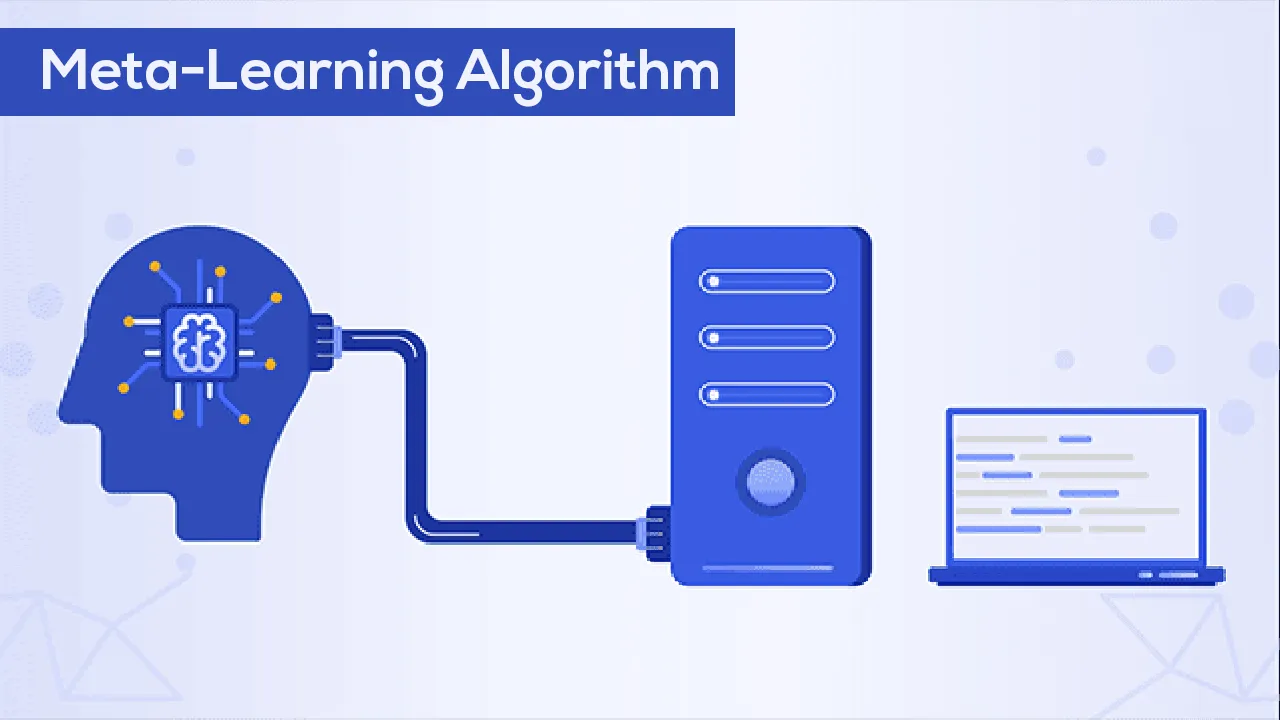As more data, better algorithms, and higher computing power continue to shape the future of artificial intelligence (AI), reliable machine learning models have become paramount to optimise outcomes. OpenAI’s meta-learning algorithm, Reptile, is one such model designed to perform a wide array of tasks.
For those unaware, meta-learning refers to the idea of ‘learning to learn by solving multiple tasks, like how humans learn. Using meta-learning, you can design models that can learn new skills or adapt to new environments rapidly with a few training examples.
In the recent past, the meta-learning algorithm has had a fair bit of success as it can learn with limited quantities of data. Unlike other learning models like reinforcement learning, which uses reward mechanisms for each action, meta-learning can generalise to different scenarios by separating a specified task into two functions.
The first function often gives a quick response within a specific task, while the second function includes the extraction of information learned from previous tasks. It is similar to how humans behave, where they often gain knowledge from previous unrelated tasks or experiences.
Typically, there are three common approaches to meta-learning.
- Metric-based: Learn an efficient distance metric
- Model-based: Use (recurrent) network with external or internal memory
- Optimisation-based: Optimise the model parameters explicitly for fast learning
For instance, the above image depicts the model-agnostic meta-learning algorithm (MAML) developed by researchers at the University of California, Berkeley, in partnership with OpenAI. The MAML optimises for a representation θ that can quickly adapt to new tasks.
On the other hand, Reptile utilises a stochastic gradient descent (SGD) to initialise the model’s parameters instead of performing several computations that are often resource-consuming. In other words, it also reduces the dependency of higher computational hardware requirements, if implemented in a machine learning project.
#developers corner #how reptile works #meta learning algorithm #meta-learning algorithm #algorithm
